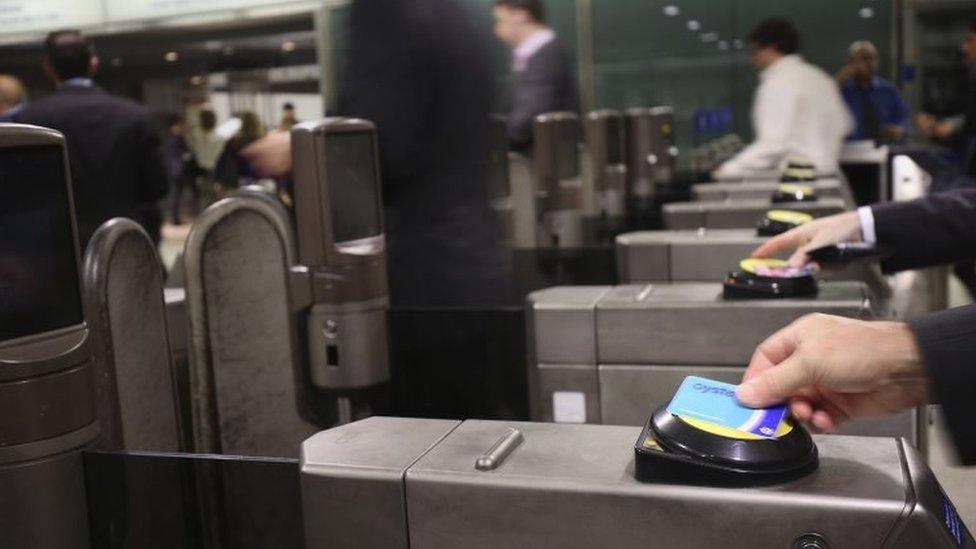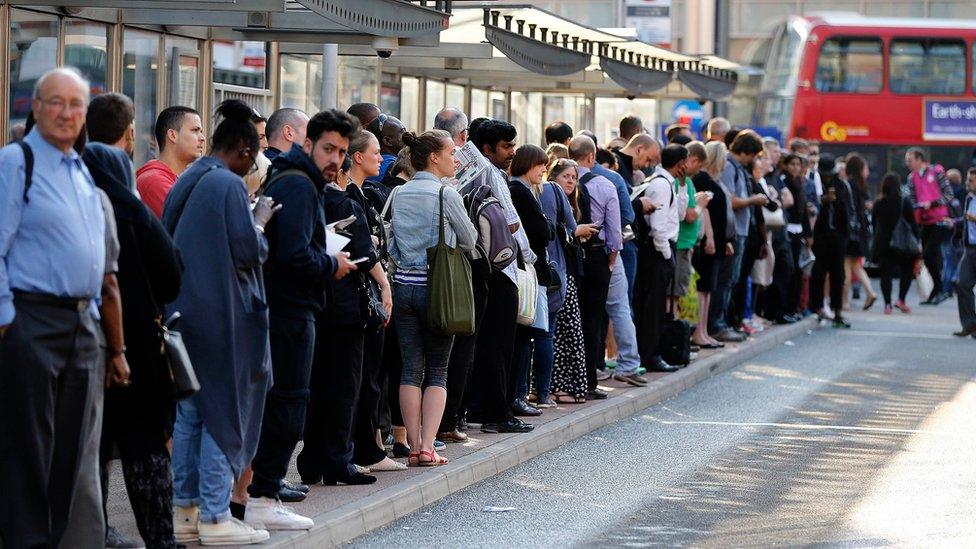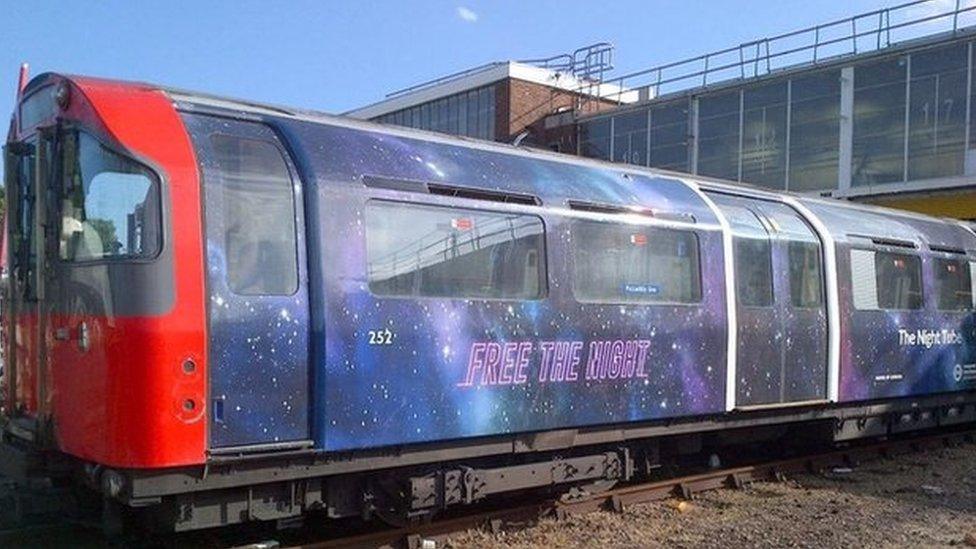TfL fares freeze fall-out begins
- Published
- comments

The fares freeze will cost £640m
The first indication of the level of cuts Transport for London (TfL) is facing have been unveiled in a leaked internal letter, sent to me.
Mayor Sadiq Khan promised in his manifesto that Londoners "won't pay a penny more for their travel in 2020 than they do today".
While many voters and at one point TfL assumed he meant all fares in London, including rail fares (which affects south London predominantly), actually it transpired he meant just TfL fares.
The mayor has defended himself, pointing repeatedly to another sentence in his manifesto which said he would freeze "TfL fares" and says he delivered on that promise.
Redundancies
Putting that long-running row to one side (and I doubt it will go away), the letter shows you the start of what the TfL fares freeze will mean.
And the point is the TfL fares freeze will cost £640m, so it now has to make efficiencies.
Those cuts are on top of the loss of Tfl's £591m government operational grant by 2018.

Recent years have seen Tube strikes over night pay and ticket office closures
The letter is to all directors and band five managers - senior managers - and asks them if they want to be considered for redundancy.
It says: "TfL faces unprecedented financial challenge and we do not have enough money to continue as we are.
"We need to make our business sustainable and transport affordable for the millions who rely on us while protecting vital investment and day-to-day services.
"We need to set ourselves up for success by ensuring our organisation, and in particular our senior manager structure, is right for the future."
It goes on: "This is examining every element of what we do to eliminate unnecessary duplication, obtain greater value from procurement, cut reliance on agency staff and cut costs across all functions."
This is just the start of big changes at TfL.
Inevitably these redundancy trawls will become more common and probably affect all levels of staffing.
- Published13 May 2016

- Published11 February 2016
- Published8 June 2016
